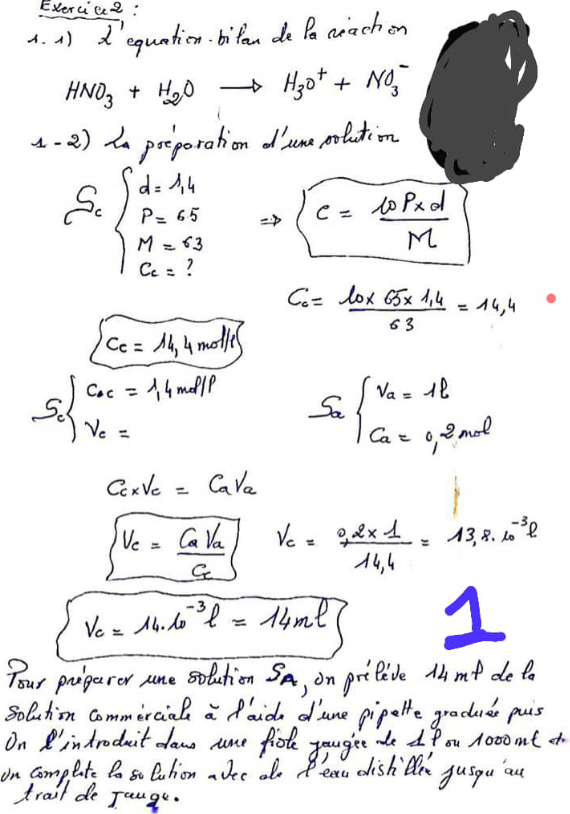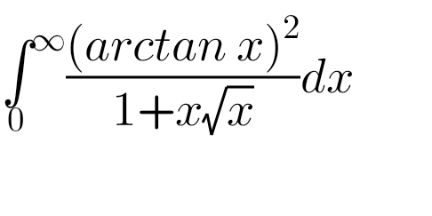
AllQuestion and Answers: Page 325
Question Number 189808 Answers: 2 Comments: 0

Question Number 189807 Answers: 3 Comments: 0

Question Number 189803 Answers: 3 Comments: 0
Question Number 189797 Answers: 0 Comments: 2

Question Number 189793 Answers: 2 Comments: 1

Question Number 189792 Answers: 1 Comments: 0

Question Number 189791 Answers: 1 Comments: 0

Question Number 189790 Answers: 1 Comments: 0

Question Number 189786 Answers: 1 Comments: 0

Question Number 189777 Answers: 0 Comments: 0
Question Number 189769 Answers: 0 Comments: 2
Question Number 189763 Answers: 0 Comments: 0

Question Number 189761 Answers: 3 Comments: 0
Question Number 189757 Answers: 2 Comments: 0
Question Number 189756 Answers: 0 Comments: 0

Question Number 189755 Answers: 0 Comments: 0

Question Number 189754 Answers: 0 Comments: 0

Question Number 189753 Answers: 0 Comments: 0

Question Number 189748 Answers: 2 Comments: 2
Question Number 189747 Answers: 0 Comments: 0

Question Number 189743 Answers: 2 Comments: 0

Question Number 189740 Answers: 0 Comments: 0
Question Number 189739 Answers: 1 Comments: 0
Question Number 189752 Answers: 1 Comments: 0
$$\underset{\mathrm{0}} {\int}^{\infty} {x}^{\mathrm{2}} .{e}^{−{x}^{\mathrm{2}} } {dx}=¿ \\ $$
Question Number 189720 Answers: 1 Comments: 0

Question Number 189842 Answers: 0 Comments: 0
Pg 320 Pg 321 Pg 322 Pg 323 Pg 324 Pg 325 Pg 326 Pg 327 Pg 328 Pg 329
